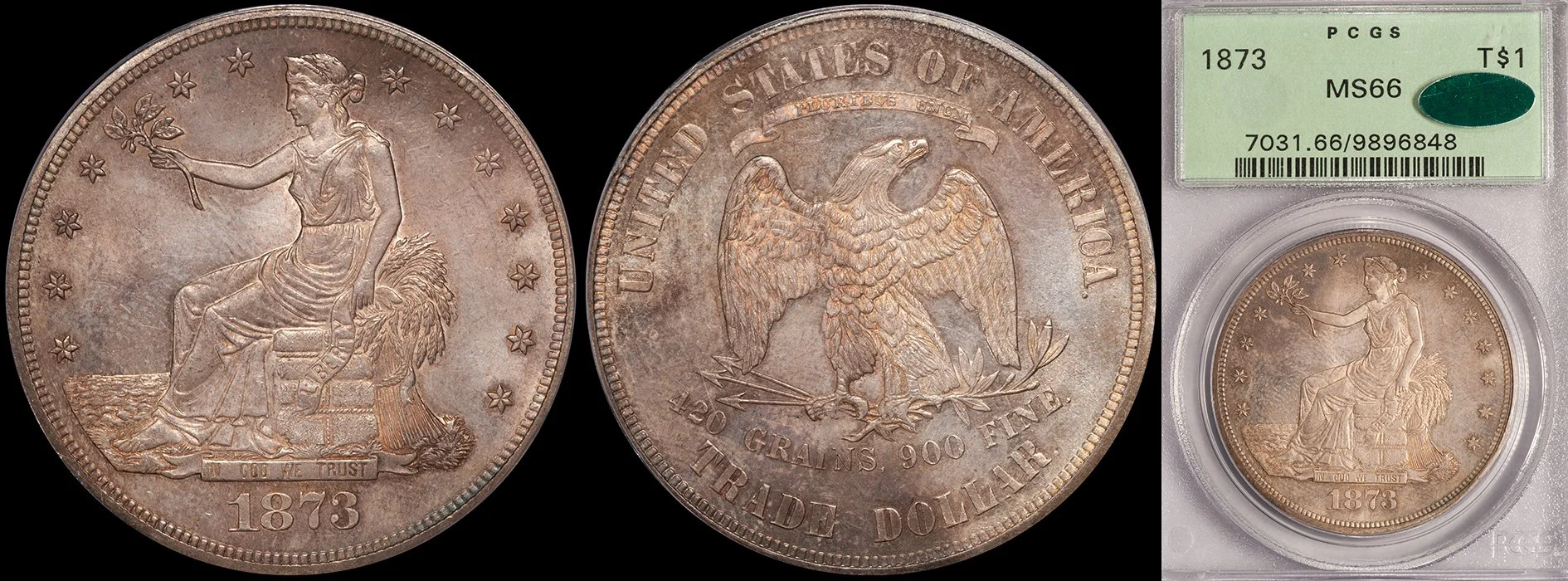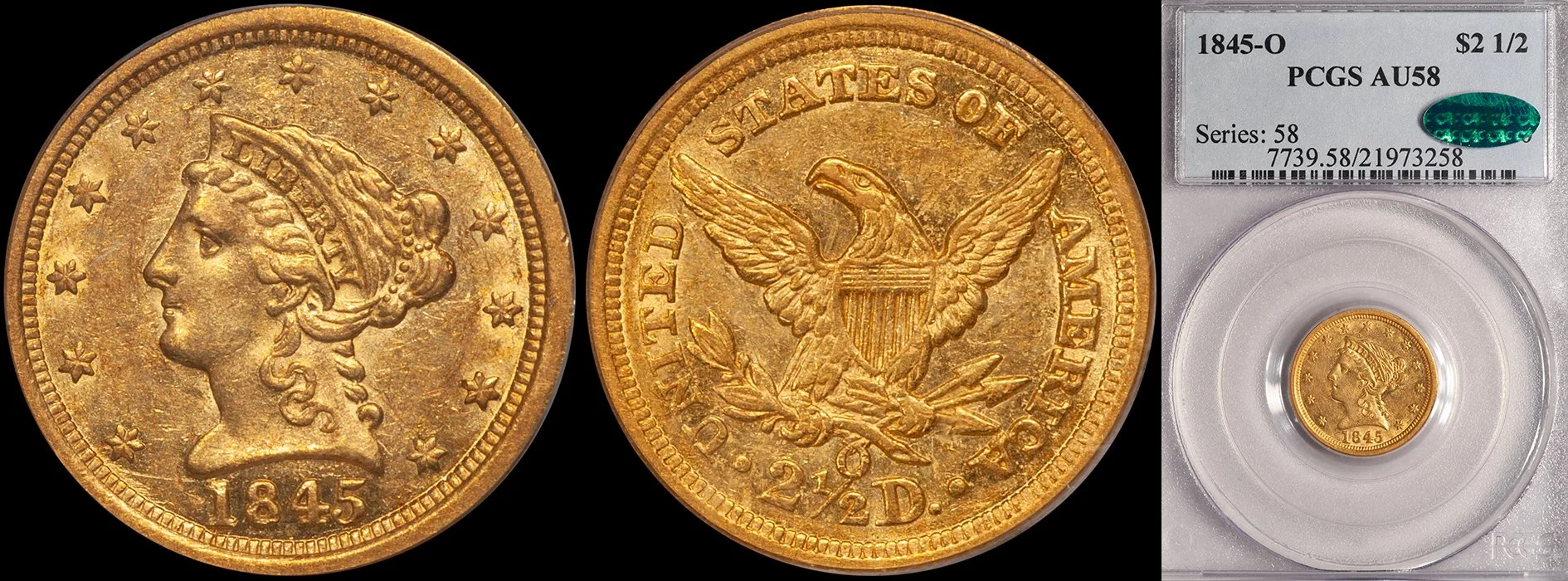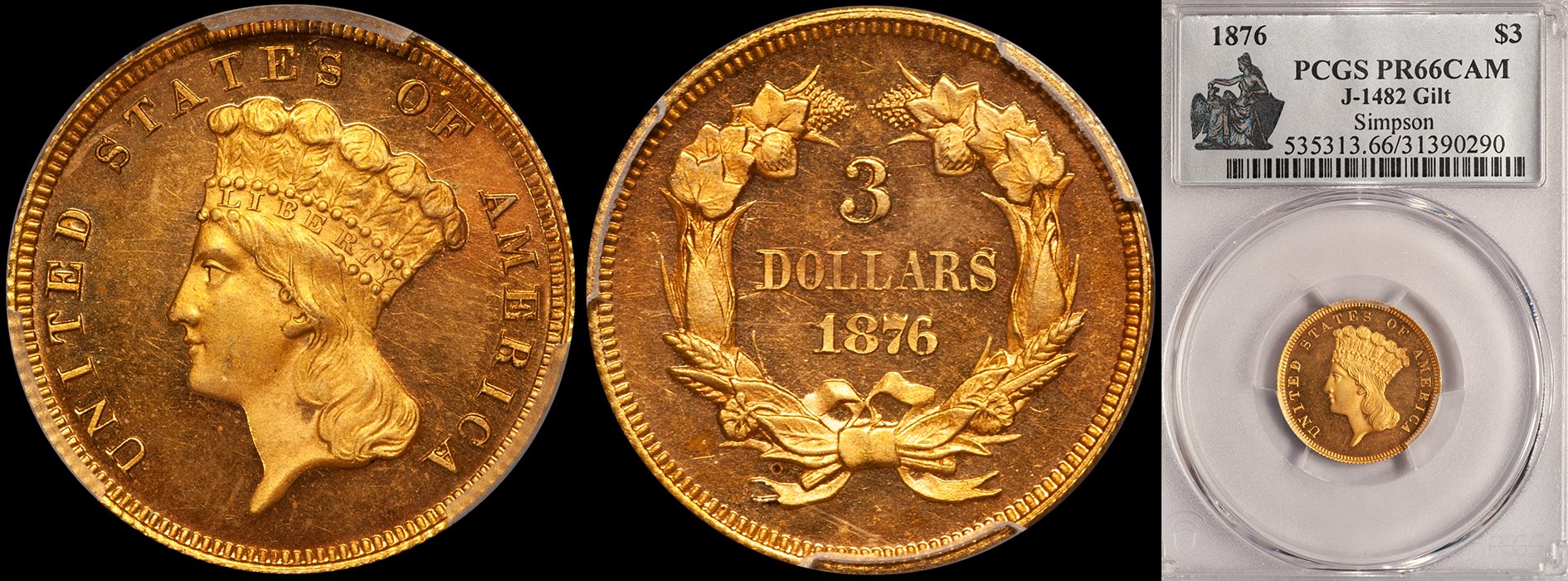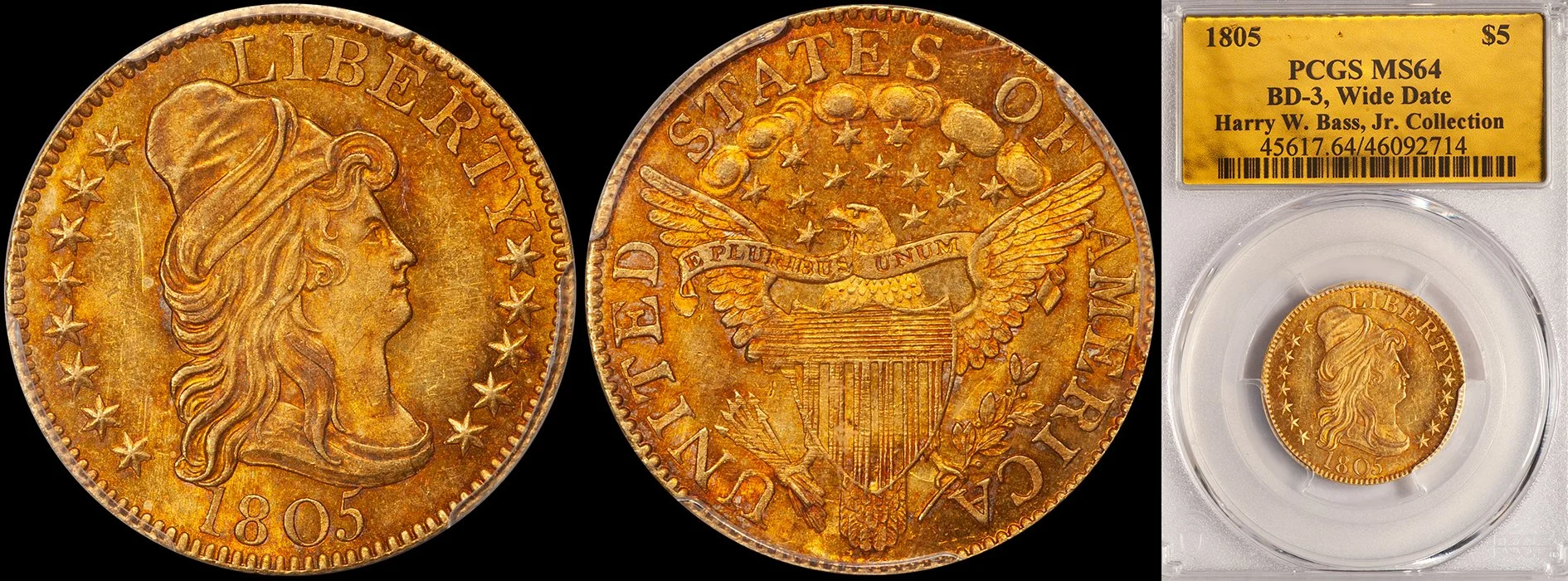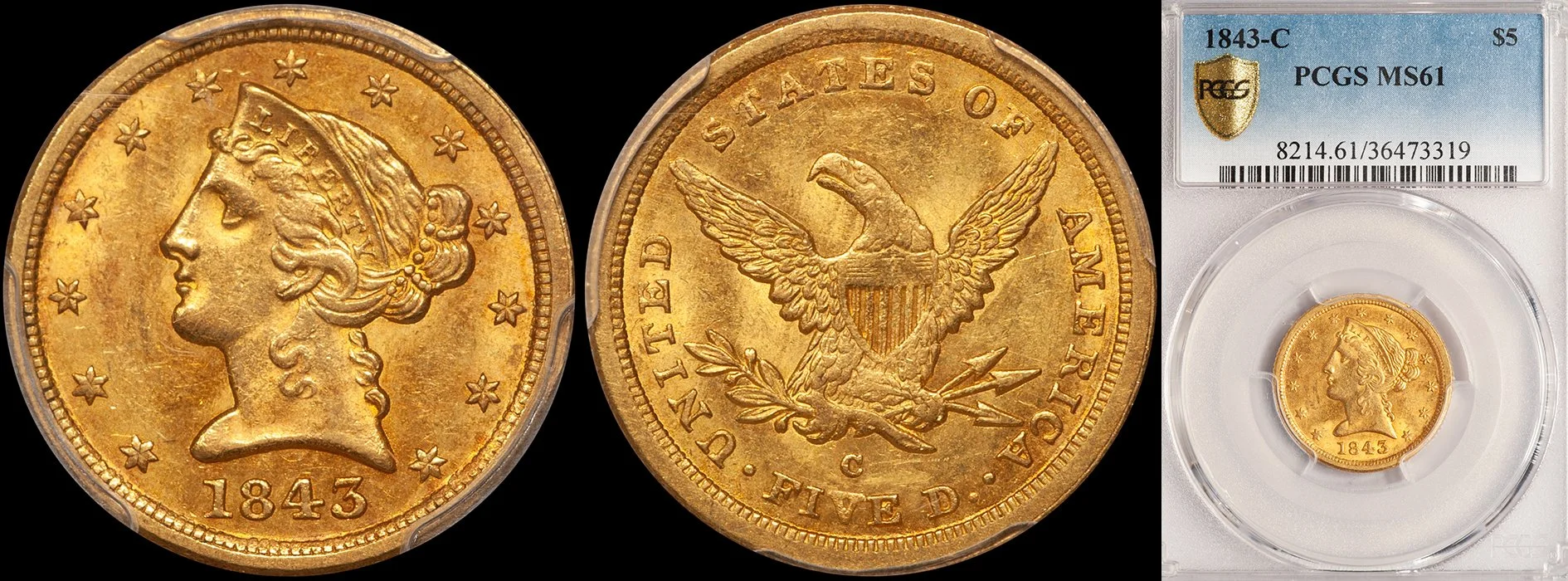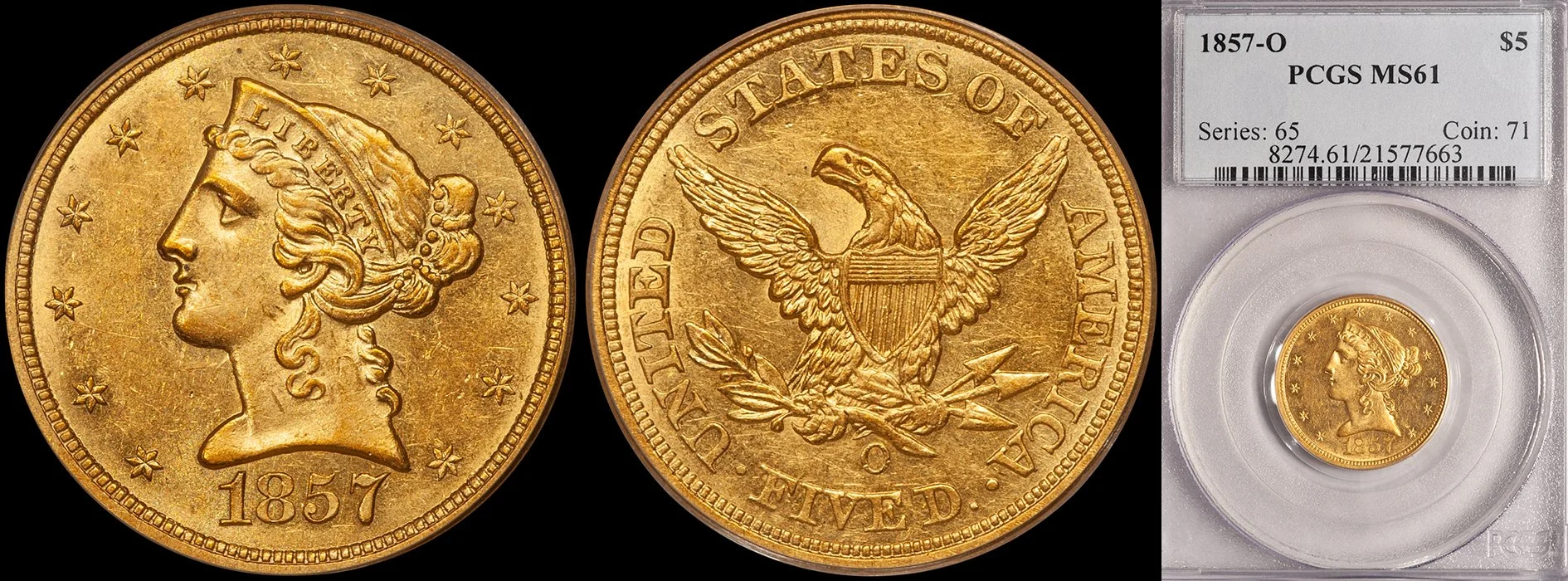Avoiding Costly Mistakes When Beginning a Coin Collection
/Most new collectors make mistakes when they begin to assemble a collection of coins. Some of these are easily avoidable; others require a "heads up" from an expert such as myself. Here are some of the mistakes I see made most often and some practical suggestions on how to avoid them. 1. Buy Third Party Graded Coins
Unless you are purchasing inexpensive coins or bullion-related gold issues, you need to buy coins that have been professionally graded. It's a virtual guarantee that the "raw" coins you buy are going to be overgraded at best or counterfeit/repaired at worst.
2. But...Buy the "Right" Third Party Graded Coins
When it comes down to it, there are only two grading services that, as of early 2001, are readily accepted in the market: PCGS and NGC. Coins graded by other services either trade at a discount or are absurdly overgraded. You can save yourself a lot of grief and aggravation by buying only PCGS and NGC coins.
3. And...Buy the Coin and Not The Holder
Not every PCGS or NGC coin is "high end" for the grade. Establishing a relationship with a dealer who can determine which coins are nice and which are average (or inferior) is essential.
4. "I Can Do Everything Myself"
No you can't. You need to have a close working relationship with one or two knowledgeable coin dealers. New collectors who think they can compete in the market against experienced dealers and collectors are a virtual certainty to have their heads handed to them. End of discussion.
5. Take Your Time
Most great coin collection are assembled over the course of decades; not months. Sure, you can complete a set of Indian Quarter eagles in thirty days. But rushing though a set is a good way to make mistakes; most of which will cost you in the long run.
6. Learn about Coins
No matter what you collect, the more you learn the better your collection will be. Learn how to grade. Learn what nice coins look like. Learn about the coins you have decided to specialize in. Learn how the coin market works. If you don't have the time to learn as much as you should, establish a relationship with a dealer who can teach you basic knowledge in a short period of time.
7. Don't Overinvest
When you buy coins remember this: they should be purchased for enjoyment not investment and they should be purchased for long term hold. Even if you buy good coins from a very reputable dealer, there is a good chance that if you have to sell them quickly, you'll lose 10-30%. If you can't afford this sort of market risk, either don't buy coins or buy issues with smaller downside risk.
8. Deals That Are Too Good To Be True ARE Too Good To Be True
You hear about a coin that generally sells all day long for $1500 but is priced at $750. Sounds like a "great" deal, right? Wrong! When you see a coin advertised in Coin World or listed on Ebay that seems like its just too good a deal...need I say more?
9. Buy Quality Not Quantity
I look at coin collections to buy all the time. Some of them have hundreds (or even thousands) of cheap, low grade coins. Others have a small number of really nice (and not necessarily expensive) coins. Take a guess which collections excite me more. If you have an annual budget of $10,000, buy three or four really neat $2,500-3,500 coins; not thirty $300 space eaters.
10. Coins Are A Hobby!
If you view numismatics as a life and death endeavor, you won't enjoy it. Coin collecting is a fun hobby with many obvious benefits. Learn to appreciate the positive attributes that come with coin collecting and leave the stress to others.
11. Set Goals For Yourself
If your collection has a beginning, middle and end, the progress you make will be easier to measure. Make certain that your goals are realistic.
12. Stretch For Truly Rare Coins
Don't make the common mistake that you skimp on the rarest issues in your chosen set and splurge on the most common. The right way to collect is doing the exact opposite.

